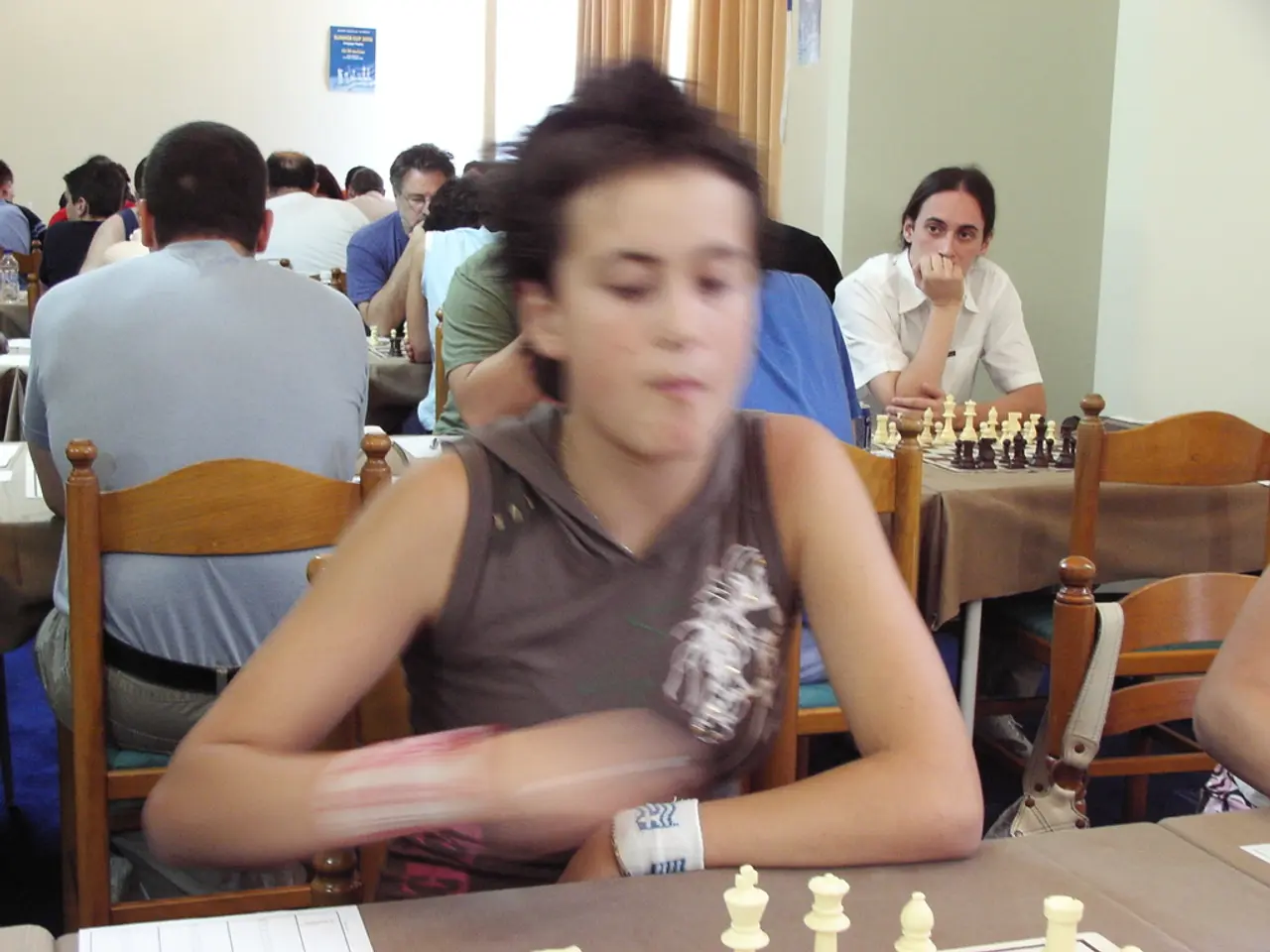Unacceptable Saving Rate Despite High Income: A Concern for Justice
Hey there! Let's dive into the controversial world of court fees and justice system funding in Austria.
Year after year, it's been a sweet deal for the former Minister of Justice, Alma Zadic, as she'd secure a hefty budget for her department. But now her successor, Anna Sporrer, is facing leaner times. With the turquoise-green-pink government tightening its belt (details to be announced in Tuesday's budget speech), the justice system might not be as flush as before.
Austerity measures in the justice system? Here comes the drama!Austria is the only country in the EU where the judiciary finances itself, according to a study by the Council of Europe. And while the study didn’t include the prison system, Austria still stands out in terms of the highest percentage of court fees relative to the justice budget — a whopping 117 percent. Germany, on the other hand, has only 45 percent, with the median of all participating countries being a mere 15 percent.
Last year, the self-financing rate for the Ministry of Justice was only 45 percent, which still seems high. But it's likely to rise this year due to a 23 percent court fee hike that went into effect on April 1. That means a consensual divorce now costs 384 euros (previously 312) in court fees, and a civil procedure with a dispute value of 210,000 euros now requires paying 7,661 euros (previously 6,227).
Court fees: A hidden tax on access to justice?The Austrian Bar Association (OÖRAK) is furious about the hike, claiming it to be a "massive restriction on access to justice." According to the OÖRAK's President, Armenak Utudjian, "Enforcing one's rights will become unaffordable for large parts of the population."
While Austria seems to be in a good financial position for the justice system, with a budget of €141 per capita (almost double the EU median), closer examination reveals that there might still be a shortage of judges. According to a study, Austria has far fewer judges than other countries. In fact, the association of judges recently presented its own demand calculation to the Ministry of Justice, claiming that 177 positions are currently missing, and up to 200 positions might be needed to accommodate recent reforms.
Overall, higher court fees could lead to a decrease in legal proceedings, affecting the resolution of disputes and enforcement of rights. It could also have broader economic implications, as litigation is often a necessary part of business operations and investment decisions. Additionally, if the justice system is perceived as becoming less accessible or more expensive, public confidence in the legal system could decline. So, let's keep a close eye on what unfolds with the new budget!
(note: data processing consents omitted for brevity throughout the article)
- Anna Sporrer, the successor of Alma Zadic, may have to implement austerity measures in the justice system due to the tightened budget announced by the turquoise-green-pink government.
- The judiciary in Austria is primarily self-financed, with court fees constituting a significant percentage of the justice budget compared to other EU countries.
- As a result of a 23% court fee hike that took effect on April 1, enforcing one's rights could become unaffordable for large parts of the population, according to the Austrian Bar Association.
- Closer examination of the justice system budget reveals a potential shortage of judges in Austria, with the association of judges demanding up to 200 new positions to accommodate recent reforms.




